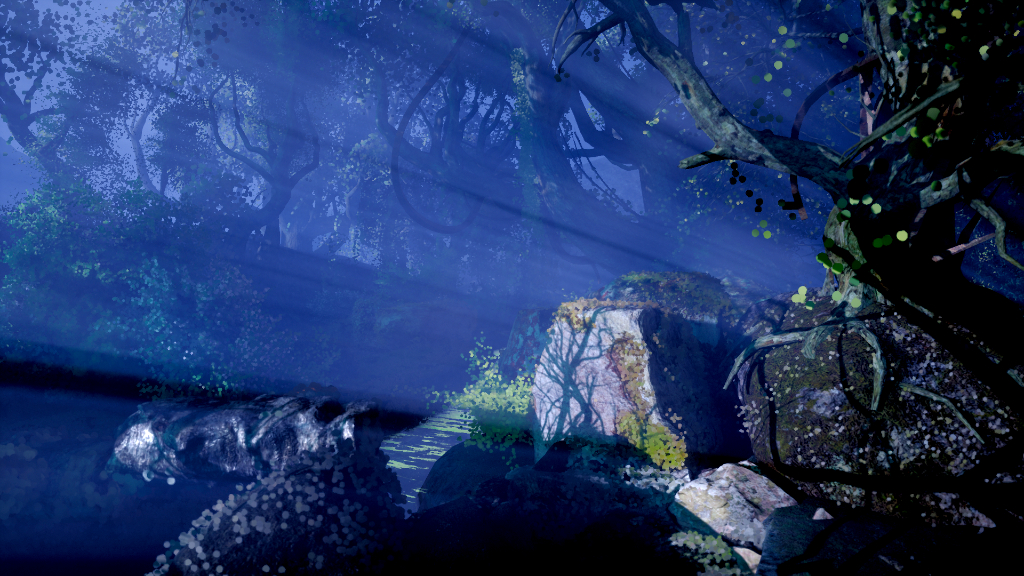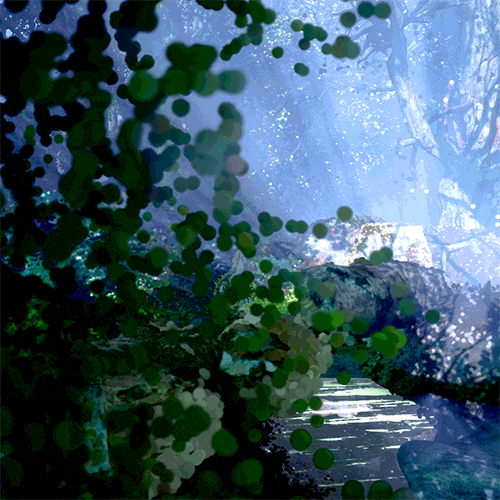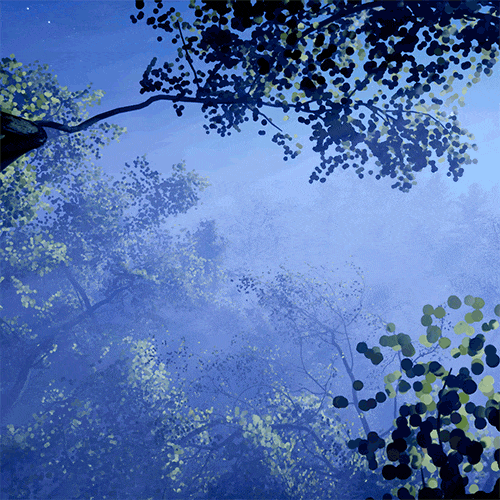Text by CLOT Magazine

DREAM is the outcome of a 2-year partnership between The Royal Shakespeare Company (RSC), Manchester International Festival (MIF), Marshmallow Laser Feast (MLF) and Philharmonia Orchestra that looks at the future of live performance. Inspired by Shakespeare’s A Midsummer Night’s Dream, DREAM gives audiences a unique opportunity to directly influence live performances from wherever they are in the world.
We thought DREAM offered the opportunity to reinterpret the themes in fresh and relevant way, from how you restore balance in the world to magic and transformation. The idea that things are not necessarily what they seem has been the perfect opportunity to explore the switch between the real (live studio performance) and the imaginary (CGI world), says Gabrielle Jenks, Digital Director at MIF.
Audiences will experience a new performance environment easily accessed on their mobile, desktop or tablet via the dream.online website. The Director of Marshmallow Laser Feast, Robin McNicholas, expanded on the intellectual process that drove the development of DREAM. We were interested in the original text for many reasons. Still, one that stood out was the meta aspect of the ‘play within a play’, which is mirrored by what we’re doing with motion capture, virtual beings and environments.
Also, I’m fascinated by how the dreamworld and reality often blur in stories that involve the supernatural, and ultimately this points to questions around human perception. This took us to discuss the umwelt of each character we created and how best we can take the audiences into various perspectives of the wood where audiences wouldn’t necessarily visit in a traditional theatre production.
DREAM explores how audiences could experience live performances in the future and a regular visit to a performance venue. The performance uses the latest gaming and theatre technology and an interactive symphonic score that responds to the actors’ movements during the show. The live performance is set in a virtual midsummer forest. Under the shadow of gathering clouds at dusk, lit by the glimmer of fireflies, Puck acts as the guide.


The 50-minute online event will be a shared experience between remote audience members and the seven actors who play Puck and the Sprites. The most exciting discovery has been how new forms of storytelling and performance can be developed in these real-time live mocap environments. Another exciting outcome is how we can expand upon the role audiences can play in experiential works. It feels like we’ve lifted the lid on a whole new way of engaging audiences who down the line will be able to embody certain characters and explore non-linear narratives in a living storyworld. It’s hugely exciting. As is the prospect of porting many of the learnings to actual live stage productions and other cultural outlets when hopefully lockdowns are eased. McNicholas continues.
Let’s look at the technology used to develop DREAM. We find that the production is performed with seven actors in a specially created 7x7metre motion capture volume created at the Guildhall in Portsmouth, supported by a team from the University of Portsmouth. The performance space includes an LED backdrop that displays the unreal world allowing performers to see their place and act within the virtual environment.
DREAM harnesses live performance, virtual production and gaming technology. So, what role does art play today in describing contemporary society? We ask Gabrielle Jenks. Many artists expose and highlight 21st-century challenges by holding a mirror to the world by giving people a voice, highlighting injustice or making underlying prejudices visible.
I also spend a lot of time thinking about creating a space to imagine positive futures – if we can’t see it, then we won’t create it. For me, art can provide hope, and this doesn’t mean falling back on idealist ideas but instead providing an entrance to other worlds, realms, and ways of seeing. Art can expand horizons, and in lockdown, the arts have kept me sane.
In the so-called post-covid society, many organisations are moving to a hybrid model of production that includes both the live and the online model. While audiences and artists recognise the value of such initiatives, the main challenge will be sustaining such approaches.
It can be expensive and resource heavy for smaller organisations to work in this way, and to be honest, in the new normal for many, the focus will be on survival – the arts have really suffered in lockdown. We intend to share our learning from Dream later in the Summer, and hopefully, this will empower others to build on our learning and failures. Gabrielle Jenks concludes.





